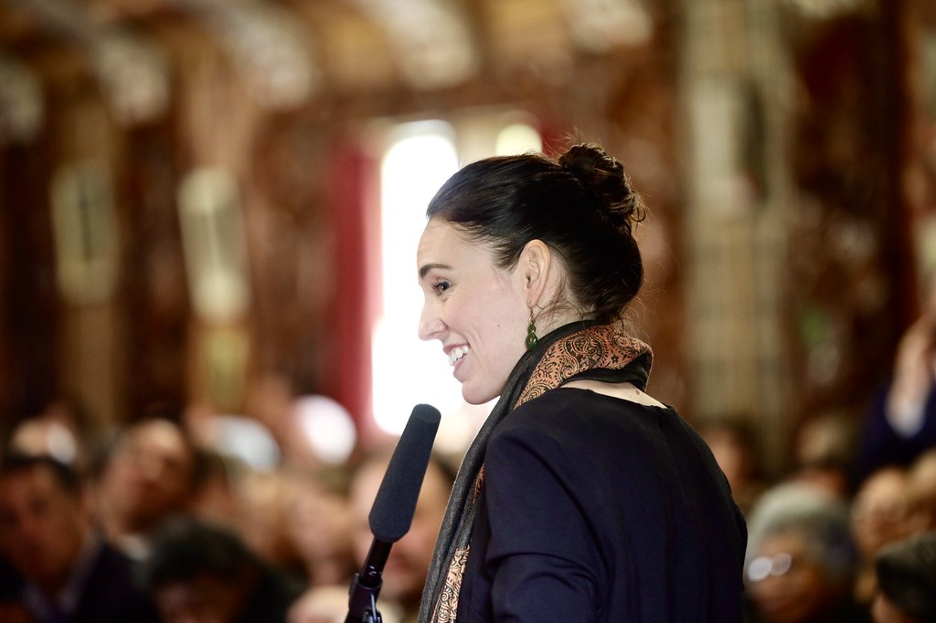
Internationally admired and so-called “rockstar politician” Jacinda Ardern shocked New Zealand and the world when she announced that she was resigning. For many, Ardern has been a stellar example of compassionate leadership, and she has provided a stable presence during tumultuous domestic and international political changes. Unlike the many high-profile political resignations we have witnessed over the last few years, Ardern is not stepping back in the wake of a terrible scandal, but rather she admitted that she “no longer had enough in the tank”. This display of vulnerability is something that is rarely seen, with leaders tending to cling onto power until it becomes unsustainable. Politics has become a dirty game seen by many as a platform for acquiring wealth and power, so Ardern’s graceful demonstration of stepping away with dignity has given us all a lot to think about. Perhaps if more of our politicians were of this mindset, governments would work better at serving the people, and do so more efficiently and compassionately.
The road to high office was not always easy for Ardern. Under forty and pregnant with her first baby, many doubted at the beginning that the new Prime Minister was up for the challenge. Ardern has done more than prove her critics wrong and has successfully combatted sexist narratives, proving that women really can ‘have it all’. Her emphasis on empathetic leadership did nothing but aid her when she led New Zealand through a period of national mourning following the March 2019 Christchurch Mosque terrorist attacks. She emphasised unity and mourned with Muslim communities whilst taking decisive steps to ban the sale of semi-automatic and assault rifles. Ardern received international praise for her rapid action on gun control, which prompted questions about how such steps had been presented as almost unthinkable by policymakers in other countries. She was also applauded for her leadership during the Coronavirus pandemic. Unlike other countries who were battered by astronomical numbers of COVID cases, Ardern’s “hard and early” lockdown policy succeeded in keeping cases low and protecting the nation.
Despite ‘Jacindamania’ and her impressive achievements, many people in New Zealand do feel that Ardern fell short on some important campaign promises. Her coronavirus policy was successful in preventing the virus from running riot throughout the population, but it did come at a heavy cost. Children were out of school for a year, and the economy was battered. Also, child poverty and food scarcity is a major problem within the country, one that many feel Ardern has failed to address. She argues that progress in these areas is slow, but data from 2020/21 showed that around “30% of children in the most deprived areas live in households that run out of food sometimes or often” compared with 10.9% of European children. These numbers show that significant numbers of disadvantaged children often go hungry, and a major criticism of Ardern within New Zealand has been her failure to reduce this.
Putting aside all of Jacinda Ardern’s career highlights and lowlights, the nature of her resignation has prompted some interesting discussion about political conduct. Despite some sceptics thinking her resignation has been motivated by slumping popularity ratings and the uncertainty facing the October election, many have praised Ardern for her honesty and vulnerability over her decision to step back. Her admission about suffering with burnout has been refreshing for many who have experienced the same. Especially within UK politics, we have gotten all too used to our leaders resigning at the eleventh hour once it is clear that there is no coming back from some great scandal. Clinging on to power for as long as possible has become a habitual behaviour of those in positions of great authority, and one often wonders what it is that they really stay for. The power that comes with a role in high office carries significant responsibility, and the toll it has on those in these positions cannot be underestimated. However, it may do many politicians good to remind themselves that they are in these roles to serve their country and its people, rather than to pursue their own agenda. Therefore, if one feels they are unable to keep up with the demands of the role, putting the people’s interests first and stepping back is the most admirable thing to do. Having people in politics who are ready and raring to make changes will lead to more efficient leadership and progress within the country itself. For this reason, I believe Ardern’s graceful demonstration of stepping aside is something to be admired, and many politicians would benefit from taking note.



Average Rating